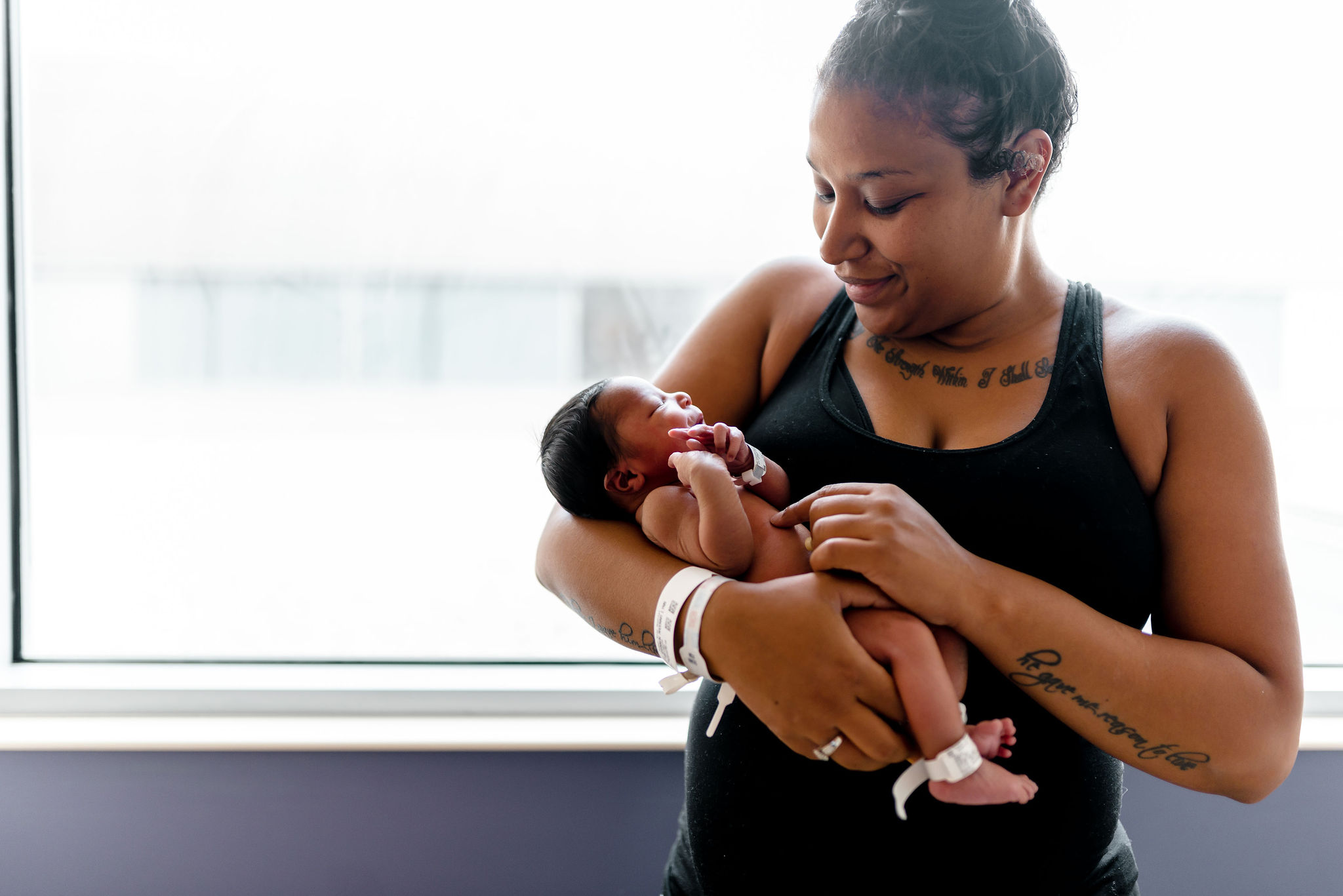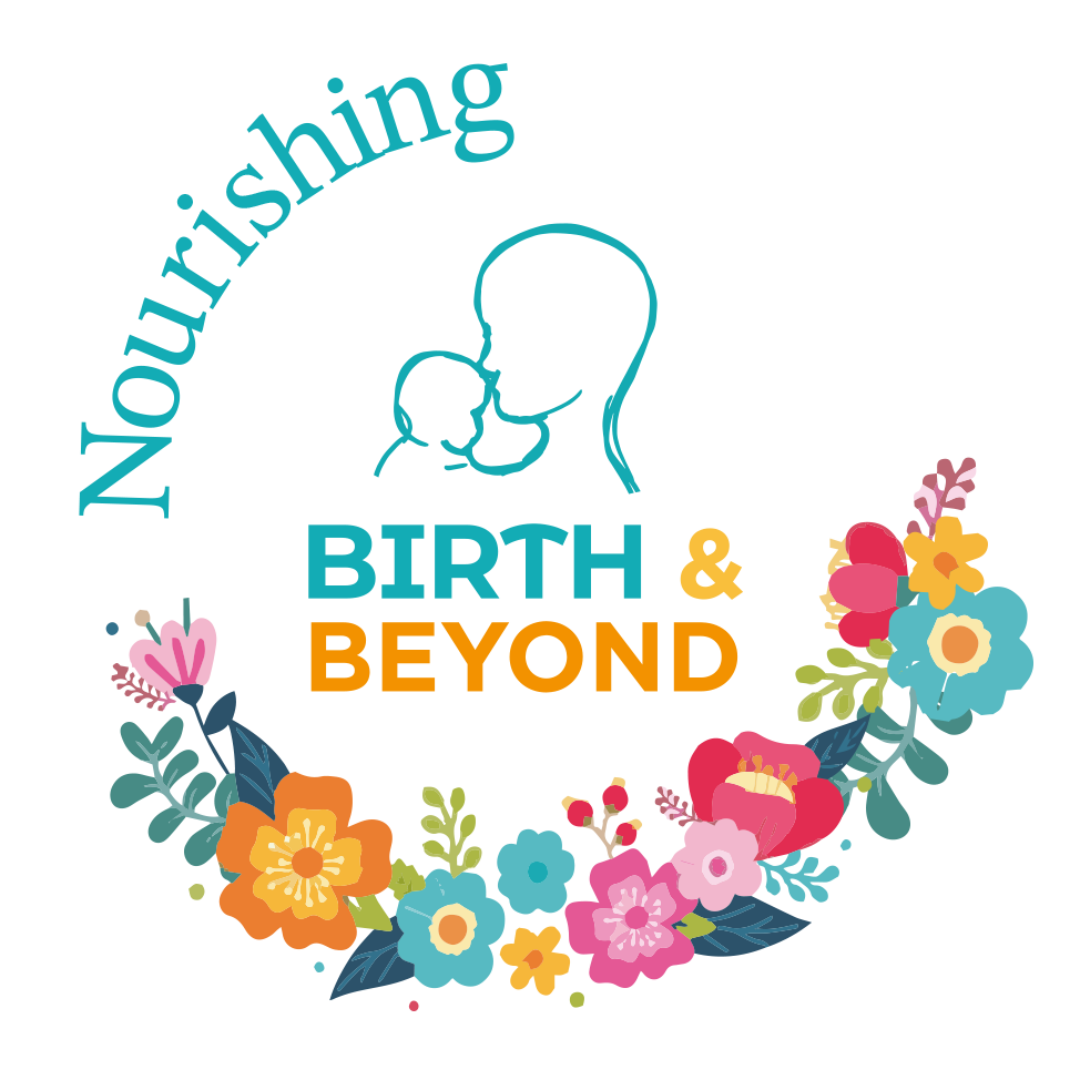
Introduction
Hi lovely parents and soon-to-be parents! Let’s dive into a topic that’s been floating around parenting circles for yonks: the fear of getting into bad habits with your baby.
You might’ve heard it from well-meaning friends, family members, or even strangers in Sainsbury’s. But is this concern really all it’s cracked up to be? Spoiler alert: It’s not!
Let’s break down why this idea can be more harmful than helpful:
Debunking the Myth of Bad Habits
First off, let’s talk about the term “bad habits.” When it comes to babies, what does that even mean? Are we talking about them wanting extra cuddles, needing help falling asleep, or preferring to be held rather than left alone in their cot?
These are often seen as negative behaviours that need correcting. But hold on a second—aren’t these just normal baby needs?
Babies aren’t born knowing how to manipulate us (though sometimes it sure feels like it!). They’re tiny humans with basic needs: comfort, security, food, and love. Labelling these needs as bad habits sets us up for a cycle of stress and guilt. And who needs more of that?
Like the famous obstetrician Michel Odent says, “What a baby wants, a baby needs.”
The Emotional Rollercoaster
Imagine you’re feeling overwhelmed and someone tells you not to cry because it might become a bad habit. Sounds ridiculous, right? Yet this is essentially what we’re doing when we try to curb our baby’s natural behaviours. Babies communicate through cries and cues; they don’t have words yet! By responding to their needs promptly and lovingly, we’re teaching them that the world is a safe place where they can trust their caregivers. It allows their nervous system to feel safe and calm.
When parents worry about creating bad habits, they often feel torn between following their instincts and adhering to advice they’ve heard. This internal conflict can lead to emotional exhaustion. Trust me; I’ve been there! It’s okay to follow your gut feelings—you’re doing great.
A client once told me about her gran wondering why she didn’t just feed her baby, wrap it up and leave it at the end of the garden for four hours. Her response was: “Gran, we call that child abuse these days!”
And although that may sound like an extreme example, we need to consider all opinions with caution. You know your baby, and you know what feels best for you and your family.

The Science Says Otherwise
Research backs up the idea that meeting your baby’s needs isn’t going to spoil them. In fact, responsive parenting has been shown to foster secure attachments and promote healthy emotional development. When you pick up your baby when they cry or nurse them on demand, you’re not setting them up for future dependence; you’re building a foundation of trust and security. Babies are designed to eat frequently, be within arms’ length, and let you know if they need something else (by making noise!)
Think of it like planting a tree: In the early stages that sapling needs constant care—watering, sunlight, maybe even some support stakes. Eventually, it will grow strong roots and stand tall on its own.
Similarly, by meeting your baby’s immediate needs now, you’re helping them develop the resilience they’ll need later in life. They stay close whilst small and as they grow they gradually branch out and away. Creating that calm, predictable, and secure environment early on allows them the ability to grow and feel confident when they are ready for more independence.
Practical Tips for Worried Parents
Still worried about those so-called bad habits? Here are some practical tips to ease your mind:
1. Follow Your Baby’s Cues
Your baby will let you know what they need if you pay close attention. Whether it’s hunger, discomfort, or simply wanting closeness, responding appropriately helps build a secure attachment. If in doubt try a few things to see which does the trick. Wanting to be on your chest or in your arms continuously is 100% normal and will change as your baby grows.
2. Create Flexible Routines
Routines are great if they work for you, but I prefer to think of them as rhythms. They ebb and flow, can change as needed, but give some predictability in what may come next.
3. Seek Support
It’s perfectly fine (and encouraged!) to seek support from professionals who understand holistic approaches to infant care. Lactation consultants can help with feeding challenges while postpartum doulas offer invaluable emotional and physical support during those early months. Raising a baby and children takes a village, and as we don’t usually live in large groups these days, we need to seek out our village in whatever form works for you.
4. Self-Care Is A Priority
Taking care of yourself is crucial in this journey too! Don’t hesitate to ask for help when needed, and actually schedule in help before you need it so you can avoid burnout—whether it’s from family members or hiring professional support like postpartum doulas, lactation support, a cleaner, dog walker, food delivery service, a massage, lactation/breastfeeding voluntary organisations (such as LLL), etc.

Reframing Our Mindset
Instead of worrying about bad habits forming every time we respond to our baby’s cries or demands for attention—let’s reframe our mindset entirely:
– Responding isn’t spoiling – it’s nurturing.
– Comforting isn’t coddling – it’s caring.
– Being present isn’t overindulgence – it’s love.
They won’t need cuddling/feeding/rocking to sleep forever. They won’t need to be in your arms endlessly forever. They won’t be in a nappy forever. They won’t cry to have their needs met forever. The list goes on.. They will grow and they will change, their needs will evolve, and in so many ways, it will get easier.
Nothing is a problem, unless it’s a problem for you. If you’re happy with how things are, don’t change them for an imaginary scenario in the future.
If you get to a point where things are problematic, seek support from those who have a variety of experience and can guide you.
Sleep can be a really contentious subject, and if you don’t have a good sleeper, your friend whose baby has “slept through the night from day one” (yeah right!) may have a lot of opinions on what you should do differently.
As a parent to three children who were terrible sleepers as babies (great sleepers now, might I add), the hardest bit was feeling like I was doing something wrong and constantly trying to fix it. Thankfully by baby number three I was able to acknowledge and realise that it didn’t matter what I did, they were their own little person and just meeting them where they were at was all I needed to do and the rest would sort itself out.
Parenthood is filled with enough challenges without adding unnecessary worries into the mix! So next time someone warns you about creating bad habits by attending closely to your little one’s needs just smile politely and continue doing what feels right for both you AND your baby!
Remember: you’ve got this parenting thing down pat already! Keep trusting yourself because nobody knows YOUR child better than YOU do!
